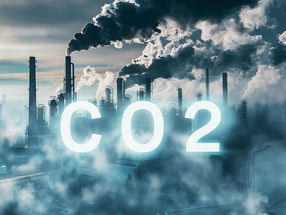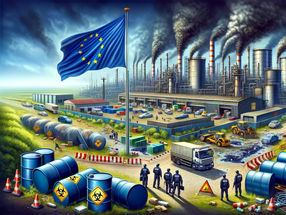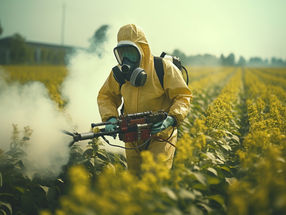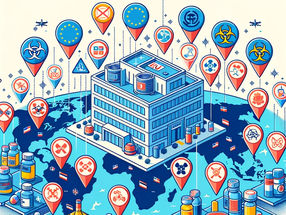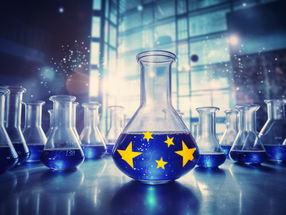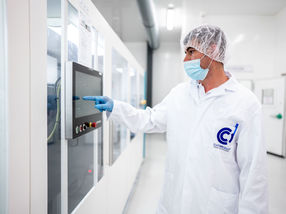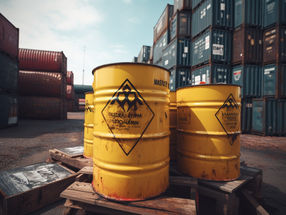CEFIC supports objectives of the white paper on the EU Chemicals Policy Review but questions practicalities
The European chemical industry, CEFIC, while fully welcoming the focus of the EU Commission to develop a more transparent and workable chemicals policy, has doubts that this can be achieved in the way described in the White Paper - presented today by the EU Commission in Strasbourg - and offers alternative proposals.
The European chemical industry fully supports the political objectives of the White Paper. These include protecting human health, safety and the environment, ensuring coherence of the internal market, giving the public access to information as well as enhancing the competitiveness of the industry.
The chemical industry believes that risk assessment based on sound science has to be the basis of the new policy and will be the key to its successful implementation.
The industry wants to see effective legislation put into place and is committed to play an even greater part than before. Unfortunately, the White Paper falls short at the practical level. The introduction of increased bureaucracy will result in more testing on more chemicals using more animals and slow down progress. This runs counter to the stated objectives. More effort is needed to speed up the risk assessment process.
Of particular concern is the introduction of an “Authorisation” process that is based on the intrinsic properties of chemicals rather than on the real risks that they may pose. As a result, decisions may be taken that increase the number of chemicals that are restricted or banned arbitrarily. This could have potentially serious consequences for the chemical industry - especially to the many smaller companies that make up the industry in Europe.
The chemical industry believes that what is needed is a streamlined testing programme based on a targeted risk assessment approach that focuses first on those chemicals that give rise to the greatest cause for concern. In addition, downstream users should be involved more in chemicals management throughout the product chain. The industry also urges that the registration procedure for new substances should be improved to regenerate innovation in Europe. Over the past 20 years the number of new substances admitted to the market in Europe was 90% lower than in the US.
As part of its responsibility, the chemicals industry will continue its voluntary programmes to generate safety information and to provide insight into effects of chemicals on health and the environment. One important example is the global chemical industry‘s voluntary commitment called the HPV (High Production Volume) initiative. It is providing safety information to the OECD on 1,000 chemicals, which account for over 90% of the world’s chemical production by volume. The Initiative is on schedule to meet the completion date of end of year 2004.
Most read news
Other news from the department politics & laws

Get the chemical industry in your inbox
From now on, don't miss a thing: Our newsletter for the chemical industry, analytics, lab technology and process engineering brings you up to date every Tuesday and Thursday. The latest industry news, product highlights and innovations - compact and easy to understand in your inbox. Researched by us so you don't have to.

